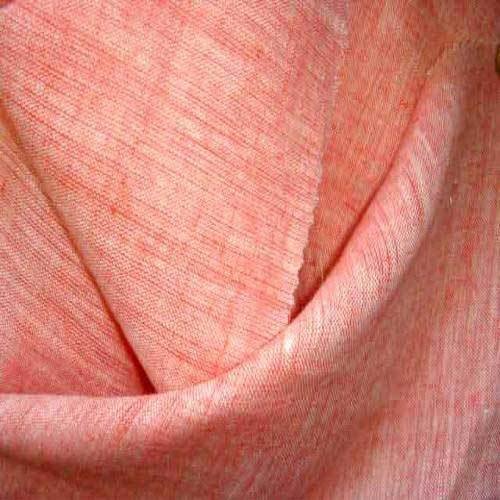In the ever-evolving world of fashion, trends may come and go, but some materials remain timeless. Among these, cotton stands out as a fabric that continues to play a vital role in both everyday wear and sustainable fashion. Praised for its comfort, breathability, and versatility, cotton fabric is more than just a basic textile—it’s a foundational element in countless wardrobes around the world.
As conversations around eco-conscious living and ethical fashion continue to grow, so does the demand for materials that align with these values. Cotton, especially in its organic and responsibly sourced forms, has emerged as a preferred choice for consumers seeking both style and sustainability.
The Allure of Natural Fibers
One of the key reasons for cotton’s continued popularity lies in its origin. Made from natural plant fibers, cotton is a biodegradable material that breaks down more easily in the environment compared to synthetic textiles like polyester or nylon. Its composition makes it an ideal option for people who value eco-friendly fashion choices.
Natural fibers also tend to be softer and more skin-friendly, which is why cotton is often used in clothing designed for sensitive skin, infants, and those with allergies. Whether it’s a basic T-shirt, a crisp button-down, or a pair of breathable trousers, cotton provides unparalleled comfort in daily wear.
Breathability and Comfort for Daily Life
Comfort is non-negotiable when it comes to clothing. This is where cotton truly shines. Known for its breathable qualities, cotton allows air to circulate freely, making it an ideal fabric for hot and humid climates. Its ability to wick away moisture also keeps the wearer cool and dry, especially in everyday situations like commuting, running errands, or relaxing at home.
In colder months, cotton works well as a layering piece, holding warmth when combined with heavier fabrics like wool or fleece. Its adaptability to different seasons further contributes to its reputation as a wardrobe essential.
A Staple of Sustainable Fashion
The rise of sustainable clothing has prompted consumers to scrutinize the origin and lifecycle of the materials they wear. This shift has brought increased attention to organic cotton—grown without synthetic fertilizers, pesticides, or genetically modified seeds. Organic farming practices not only support biodiversity but also use significantly less water than conventional cotton farming, reducing environmental impact.
Brands that prioritize ethical sourcing and fair labor practices are increasingly turning to organic cotton to meet consumer demand for transparent and responsible fashion. When you choose garments made from this sustainable alternative, you’re supporting a supply chain that respects both the planet and the people involved in production.
Cotton in Minimalist and Capsule Wardrobes
Minimalism in fashion has gained significant traction, encouraging people to invest in fewer, higher-quality pieces that can be styled in multiple ways. Cotton fits seamlessly into this philosophy. A plain white cotton shirt or a well-fitted pair of cotton pants can serve as the foundation for dozens of outfit combinations.
Its timeless appeal ensures that pieces made from cotton won’t go out of style quickly, making them worthy of investment. In fact, many stylists and fashion bloggers recommend building capsule wardrobes that revolve around reliable basics—most of which are made from cotton or similar natural fibers.
Ease of Care and Durability
One of the most practical advantages of cotton fabric is its ease of care. It holds up well to regular washing, is less prone to retaining odors, and generally requires less specialized maintenance compared to delicate materials like silk or wool. With proper care, cotton garments can last for years, reducing the need for frequent replacements and supporting a more sustainable lifestyle.
Additionally, cotton blends often incorporate a small amount of spandex or elastane for added flexibility, making the fabric even more comfortable for active lifestyles or long workdays.
Fashion Forward and Functional
While cotton fabric is known for basics, it’s also a favorite among designers for its versatility. It can be dyed easily, holds prints well, and is available in various weaves and finishes—from soft jersey knits to crisp poplins and heavy twills. This allows for a range of styles, from high fashion collections to everyday streetwear.
Designers are now using cotton in innovative ways to create everything from structured silhouettes to flowing dresses. This adaptability ensures that cotton remains relevant across different aesthetics and fashion preferences.
Final Thoughts
From its eco-friendly origins and breathable comfort to its adaptability and durability, cotton has earned its place as a cornerstone of both sustainable and everyday fashion. Whether you’re dressing for work, lounging at home, or curating a capsule wardrobe, this timeless material continues to deliver both style and substance.
In a world increasingly focused on making ethical and informed choices, embracing cotton isn’t just a nod to tradition—it’s a step toward a more conscious and fashionable future.


